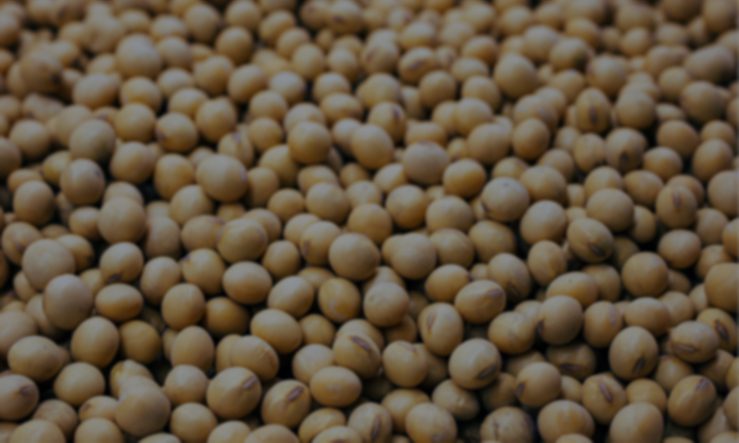Statement on Designation of Lake Erie Impairment
Ohio’s farmers have been strong partners in protecting Lake Erie. The checkoff programs of Ohio’s corn, soybean and wheat farmers have made significant investments in science-based research to help farmers reduce phosphorous loss. We have aggressively promoted the use of best management practices among all our growers and will continue to support all efforts that protect water quality while enabling us to maintain food production.
In the light of the work we have done, the dollars we have invested, and the progress we have made, we are disappointed with the decision to seek an impairment designation for the open waters of Lake Erie.
Despite the emotional and political appeal of an impairment designation, it will do nothing to trigger additional federal dollars. It could force us to retrace our steps to rediscover what we already know from years of diligent work on this issue and could delay real solutions for the lake. Duplicative and unnecessary regulations will not improve water quality. A recent study by George Mason University revealed agriculture is already the most regulated industry in Ohio.
Fortunately, there is a road map in place that leads to a real solution. The Great Lakes Water Quality Agreement between the United States and Canada was updated in 2012 to address harmful algae blooms. That agreement was the basis of the target set four years later by Ohio, Michigan and Canada of a 40 percent reduction in total phosphorous entering Lake Erie by 2025. It is an ambitious goal, but it’s one that can be met if we don’t lose our focus.
What is most needed now is a funding plan that will work under the strategy we have today. Farmers already have put in place science-based land management practices that reduce agricultural runoff and would benefit from additional research to further improve and refine those practices. We also need an infusion of real dollars to all stakeholders that discharge to the lake to improve their waste treatment systems where needed, to pay for monitoring, new equipment and to study even better technologies that will enable farms to put conservation practices in place more efficiently and effectively.
Ohio corn, soybean, and wheat farmers have been working to be part of the solution for many years and will continue their work. This new designation will not deter us from doing the right things for the land, soil and water. We respectfully ask the Kasich Administration to focus on efforts that will move us forward, working directly with farmers, and building on what we’ve already accomplished.
